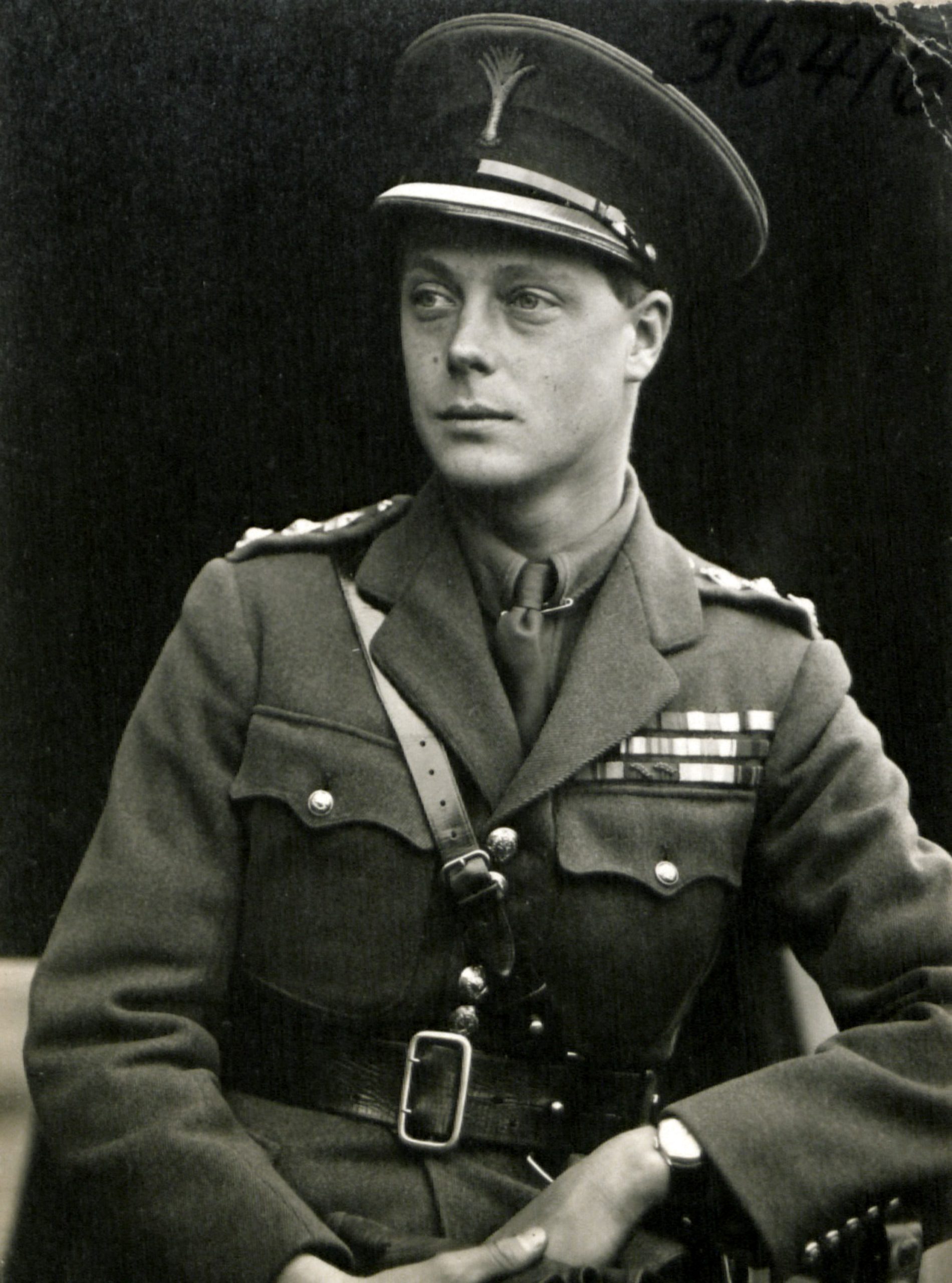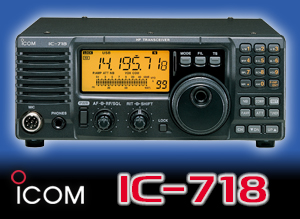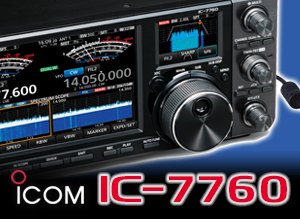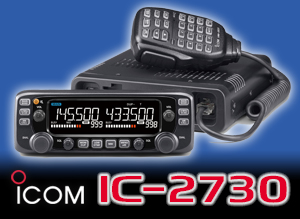Commonwealth Contest – Early History
The birth of BERU as a part of RSGB
The starting point came from a suggestion by Captain HJB Hampson, G6JV of Norwich, in 1927, that the RSGB should extend its scope to include other countries which had strong links to Britain, thus to strengthen the bonds between countries, by the means of amateur radio. The sub-title “British Empire Radio Union” (BERU) was added to the RSGB, with the idea of enlarging the society with international members. National radio societies were informed of this initiative and were invited to join as affiliates.
Over the succeeding years, promotion of the BERU was driven by Arthur Egerton Watts G6UN, who had served with distinction in the first World War; he had lost a leg at Gallipoli and had spent the latter periods of the war on special duties at the Admiralty. He was a director of a very old established firm of cardboard box makers and a Freeman of the City of London. This was in days when the United Kingdom was seen as the mother country.
June 23 1930 brought an opportunity for BERU to be brought into prominence. On that day the Society’s Patron (HRH Edward Prince of Wales) celebrated his 36th birthday.

(HRH Edward Prince of Wales – later King Edward VIII)
Watts arranged for greetings to be sent to the Prince by amateur radio from far flung places including: Canada, Newfoundland, South Africa, Ceylon, Iraq, Jamaica, Egypt, Kenya, Uganda, Tanganyika and India. A letter was returned to RSGB from the Prince’s Private Secretary, conveying the Prince’s thanks: “The Prince of Wales sends you sincere thanks for your good wishes, which His Royal Highness much appreciated.”
The first BERU Contest – February 1931
During the RSGB Convention in 1930, a letter was read from the New Zealand Amateur Transmitters’ Society in which the suggestion was made that the RSGB, on behalf of BERU, should arrange an annual Empire Radio Day. It was from this suggestion that the first British Empire Radio Week Contest was inaugurated. Neville Shrimpton ZL4AO of Dunedin, New Zealand and Jack Drudge-Coates, Y-DCR of India (later G2DC) were present at the convention that year. Shrimpton proposed and Drudge-Coates seconded, a motion that “an Empire Radio Week be inaugurated and that this be held during the period 0001 GMT Sunday, February 22 to 2400 GMT Saturday, February 28, 1931”.
In 1931 the first British Empire Radio Week contest created widespread interest in both the national and local press, in the UK and internationally.
The rules of the first event permitted a competitor in one Zone to work up to twenty stations in another Zone on each amateur band. There were twelve Zones and there was activity in eleven of them during the Contest week. Australia and New Zealand were in different Zones for scoring purposes.
The winner of the first Contest was Trevor Evans VK2NS, who scored sixty-four points from sixty-four contacts with other stations, with fifty-five of his contacts being with New Zealand stations (twenty on 80m, twenty on 40m and fifteen on 20m). He had three contacts with the UK. Needless to say, some UK entrants who had a greater number of DX QSOs were somewhat piqued at the outcome. The total number of entrants was fifty-eight.
The Senior Rosebowl was purchased by RSGB members by subscription in 1931, when £22 1s. 6d. was donated. Such a sum would be worth nearly £2,000 today. The Rosebowl is still presented to the leading 24-hour, High-Power, Unassisted Single Operator – the winning operator, excluding HQ stations.
Further Listening/Reading
- Arthur Egerton Watts interviewed in 1984 by the Imperial War Museum © IWM. (Reels six and seven are the most relevant to amateur radio, including his role in recruiting Radio Amateurs as voluntary interceptors in World War Two.)
- The role of the RSGB and Voluntary Interceptors. (More fascinating history of the role of early Radio Amateurs as voluntary interceptors. Many of these were Commonwealth Contest participants in its first decade.)











